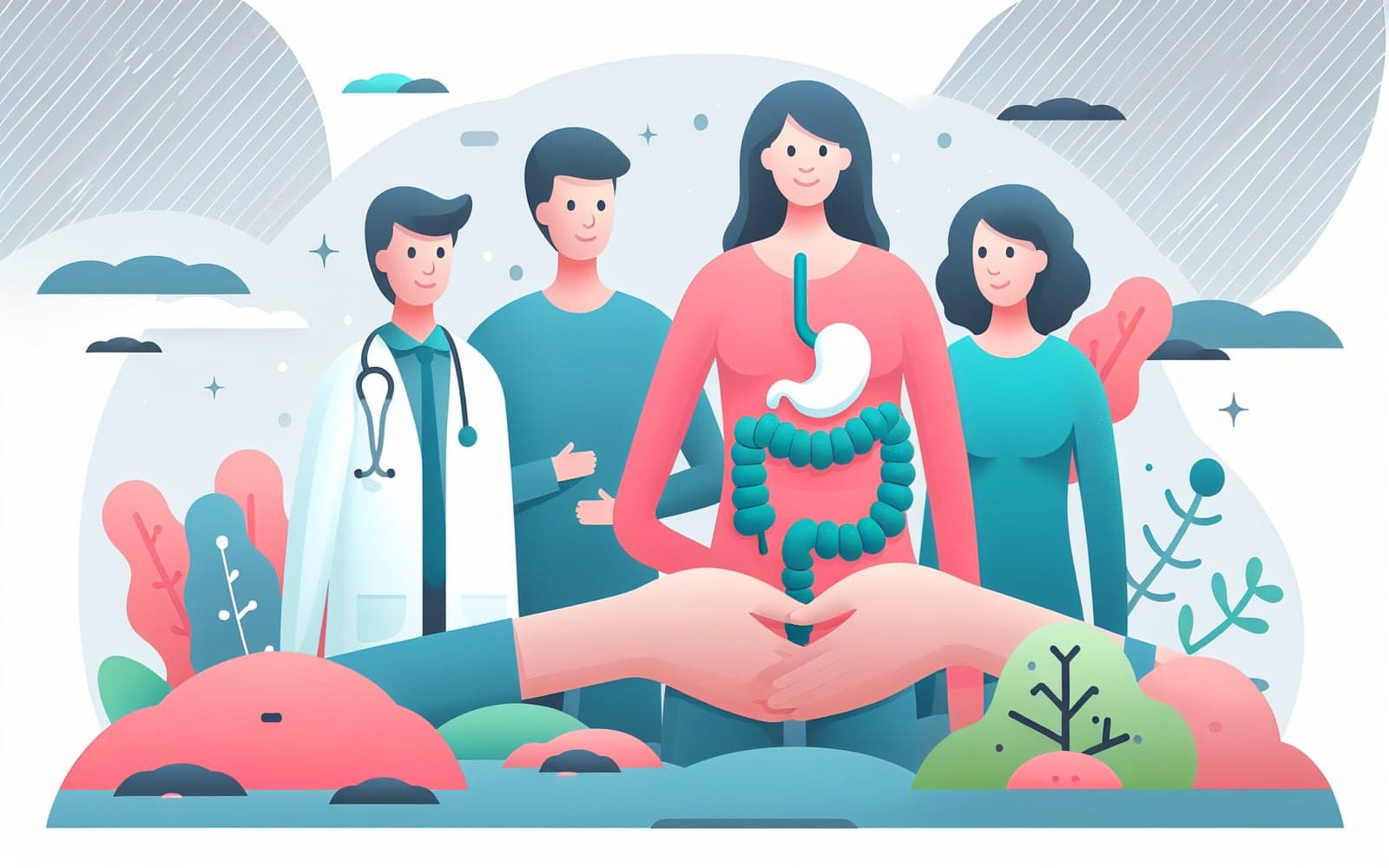Preventing Upper GI Bleeding: What You Need to Know
Preventing Upper GI Bleeding: What You Need to Know
The Big Picture
Prevention is better than cure, especially when it comes to upper GI bleeding. Let's explore how you can reduce your risk.
Contents
- Lifestyle Changes
- Medication Management
- Routine Check-Ups
Lifestyle Changes
Adopting healthier habits can significantly lower the risk of upper GI bleeding. Quitting smoking and moderating alcohol intake are crucial steps. A balanced diet rich in fiber and low in caffeine and spicy foods can also help maintain stomach health.
Medication Management
Being cautious with medications is key. Avoid overuse of NSAIDs like aspirin and ibuprofen as they can damage the stomach lining. If you're on anticoagulants, regular check-ups with your doctor will help manage the bleeding risk.

Routine Check-Ups
Regular health screenings can catch potential issues early. Discuss any concerns about gastrointestinal health with your doctor. Early detection of conditions like Helicobacter pylori infection can prevent serious complications.
FAQs
How can lifestyle change prevent bleeding?
Quitting smoking and reducing alcohol can lower bleeding risk.
What about medication safety?
Avoiding NSAIDs and monitoring anticoagulants help manage bleeding risk.
Are regular check-ups important?
Yes, they help detect issues early and prevent complications.
Staying Ahead
Prevention strategies are crucial in reducing the risk of upper GI bleeding.
Additional References
- Barkun AN, Almadi M, Kuipers EJ, et al. Management of Nonvariceal Upper Gastrointestinal Bleeding: Guideline Recommendations From the International Consensus Group.
- Laine L, Barkun AN, Saltzman JR, et al. ACG Clinical Guideline: Upper Gastrointestinal and Ulcer Bleeding.
This article has been reviewed for accuracy by one of the licensed medical doctors working for Doctronic.











